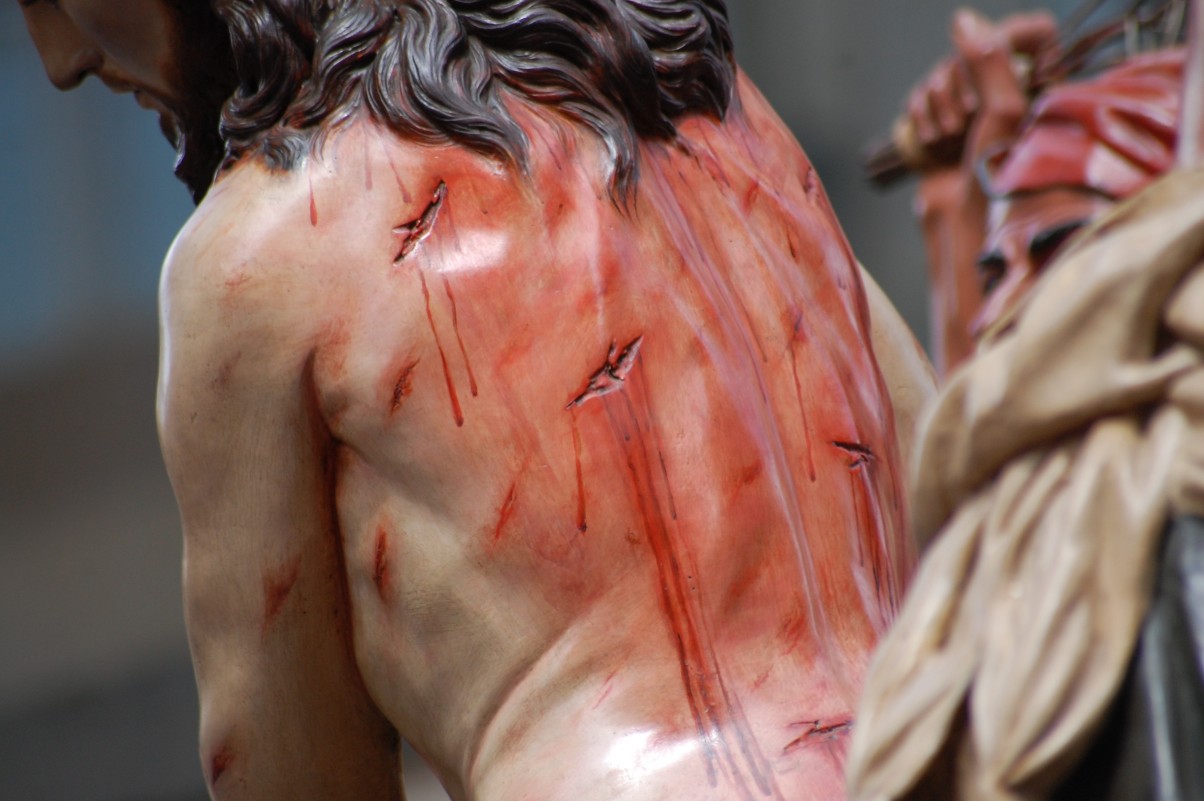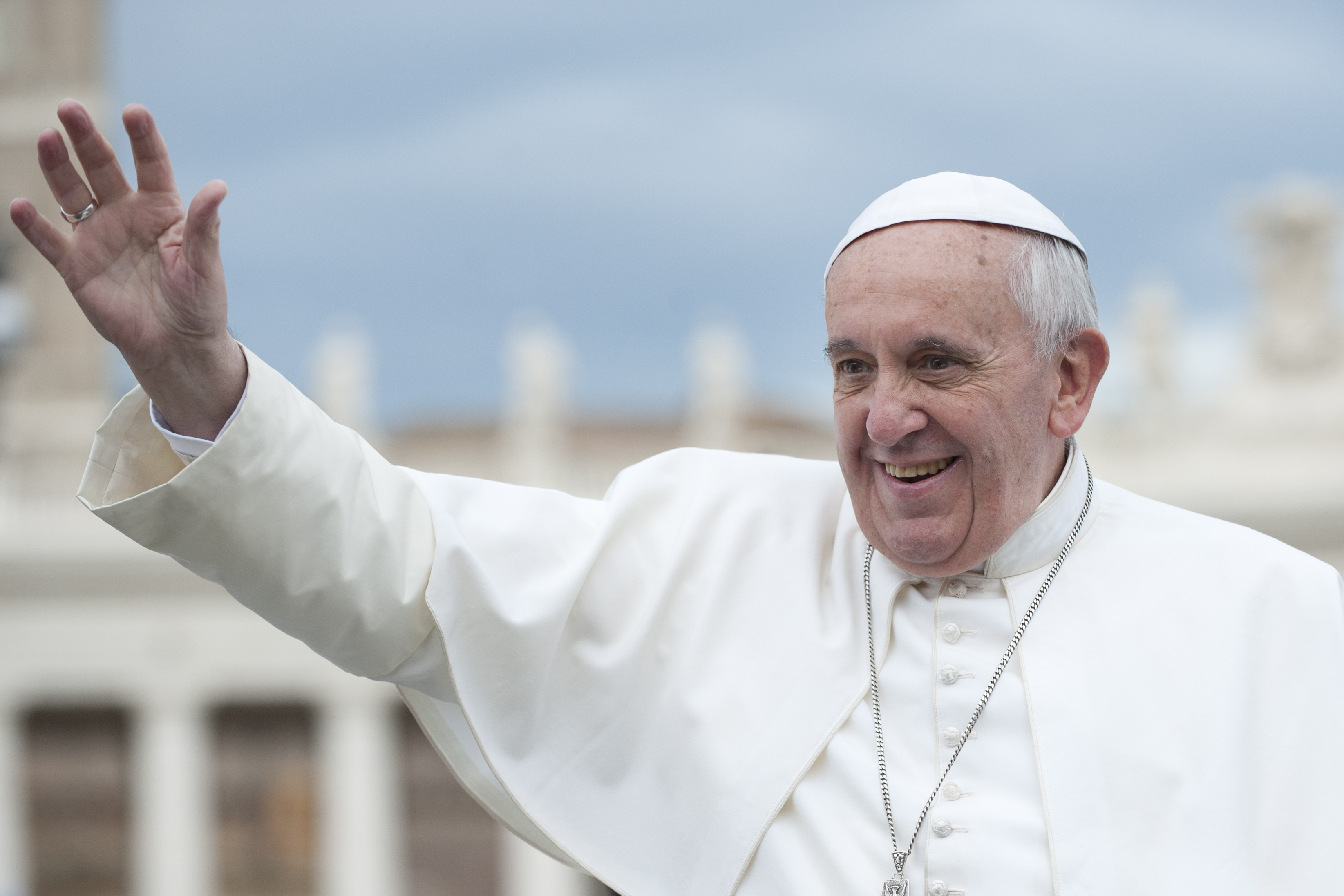What will it take to transform your heart this Lent? Pope Francis, in his 2016 Lenten message to the Universal Church, tells us that – in the eternal love story that is God – mercy will transform our hearts.
God’s mercy transforms human hearts; it enables us, through the experience of a faithful love, to become merciful in turn. In an ever new miracle, divine mercy shines forth in our lives, inspiring each of us to love our neighbour and to devote ourselves to what the Church’s tradition calls the spiritual and corporal works of mercy. These works remind us that faith finds expression in concrete everyday actions meant to help our neighbours in body and spirit: by feeding, visiting, comforting and instructing them. On such things will we be judged. For this reason, I expressed my hope that “the Christian people may reflect on the corporal and spiritual works of mercy; this will be a way to reawaken our conscience, too often grown dull in the face of poverty, and to enter more deeply into the heart of the Gospel where the poor have a special experience of God’s mercy”. For in the poor, the flesh of Christ “becomes visible in the flesh of the tortured, the crushed, the scourged, the malnourished, and the exiled… to be acknowledged, touched, and cared for by us”. It is the unprecedented and scandalous mystery of the extension in time of the suffering of the Innocent Lamb, the burning bush of gratuitous love. Before this love, we can, like Moses, take off our sandals (cf. Ex 3:5), especially when the poor are our brothers or sisters in Christ who are suffering for their faith.
“Scandalous mystery:” what a profound phrase! The mystery and scandal are that Christ – the God-Man, who knew no sin – died for our sins with “gratuitous love.” We could spend all of Lent just meditating on that alone!
It is God’s mercy that transforms us. Yet, this is not a passive event; we must cooperate with God. We must do our part to become more loving, more merciful, to never grow “dull,” as the Holy Father says, in the face of another’s suffering.
What will transform your heart this Lent? In this Year of Mercy, let us all contemplate God’s mercy and how we can experience and share this tremendous gift.






